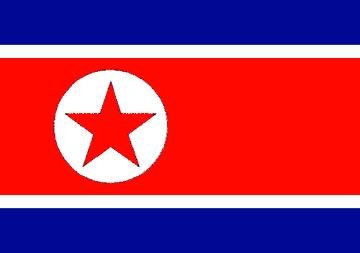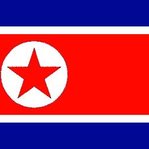Following new sanctions placed on North Korea in response to a rocket launch which violated international agreements, the country has issued a strongly worded announcement through its state-run media.
The statement from the Democratic People’s Republic of Korea accuses the US of leading many countries in encroaching upon its sovereignty. It goes on to say “We do not hide that a variety of satellites and long-range rockets which will be launched by the DPRK one after another and a nuclear test of higher level which will be carried out by it in the upcoming all-out action, a new phase of the anti-US struggle that has lasted century after century, will target against the US, the sworn enemy of the Korean people… Settling accounts with the US needs to be done with force, not with words as it regards jungle law as the rule of its survival.”
These inflammatory remarks are clearly that of a nation irate with the world’s reaction to its military endeavors, though they pose no immediate or direct threat to the United States. An underground test-detonation of a nuclear weapon would not harm anyone and has, in fact, been speculated about for months prior to the police-state’s aggressive comments.
North Korea’s tirade is largely another step in a decades-long cycle of denuclearization agreements followed by broken promises and saber-rattling threats which are never acted upon. Though last month’s rocket launch did show a range capable of reaching American shores, the North has yet to display any capability to miniaturize a nuclear weapon to the point it could be placed upon such a missile.
What should raise alarms is not any immediate impact the DPRK’s statements might have, but the possibility it could fine tune its weapons programs to the point of creating viable nuclear arms several years from now.
A small stockpile of plutonium is known to be leftover from previous nuclear tests in 2006 and 2009, and the country unveiled a uranium enrichment plant in 2010. Pyongyang declared its uranium centrifuge was intended for peaceful purposes, but the intelligence community finds the claim highly suspect.
These developments present a fine line to walk for both the Obama administration, which has failed to stop North Korea’s nuclear program thus far and only maintained dialogue with the country briefly, and for China, which must try to balance support for its ally with an attempt to remain credible before the international community.











